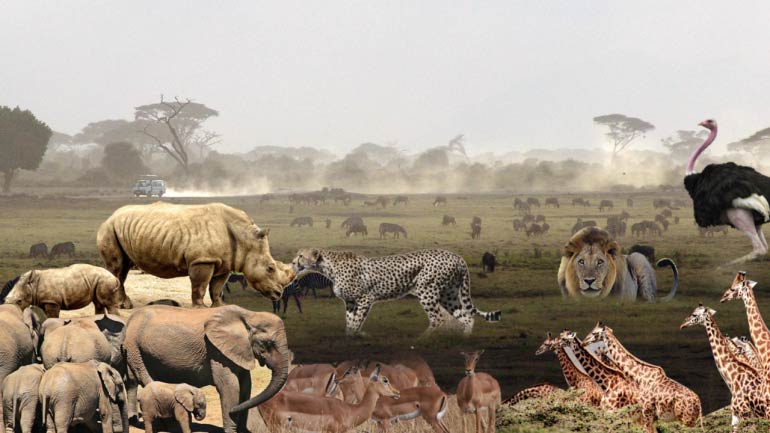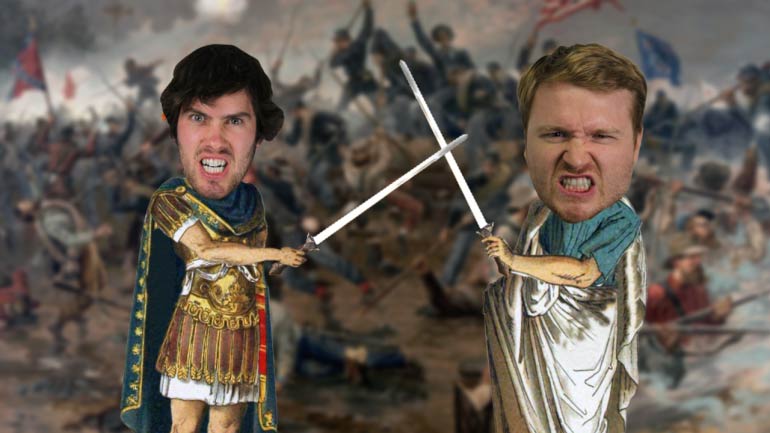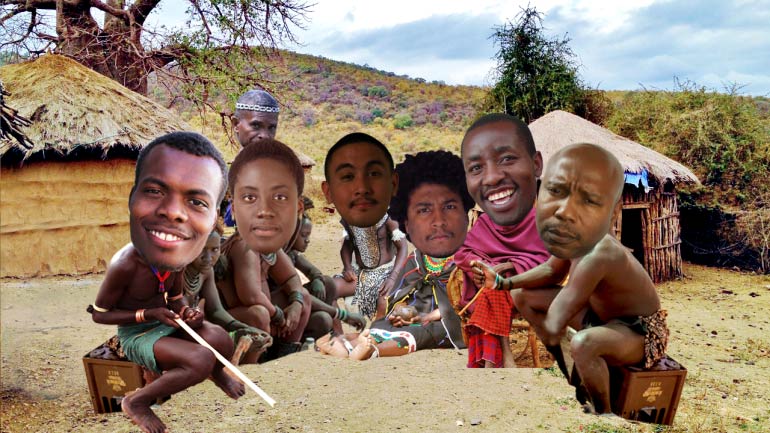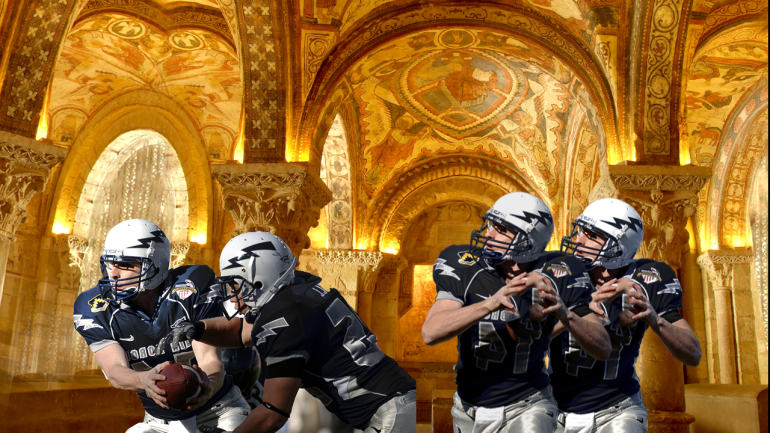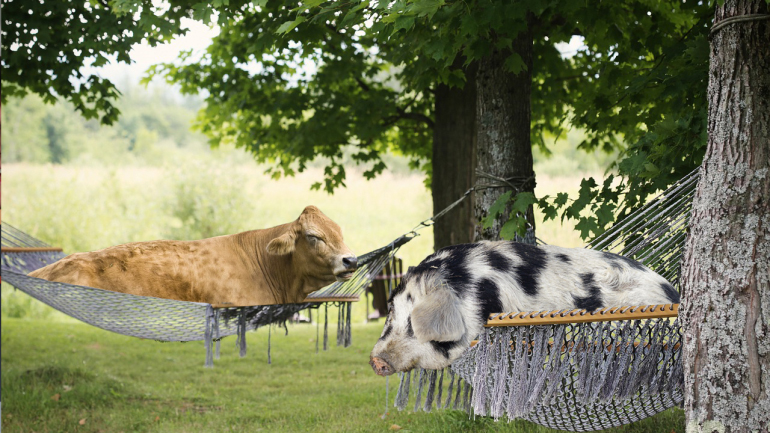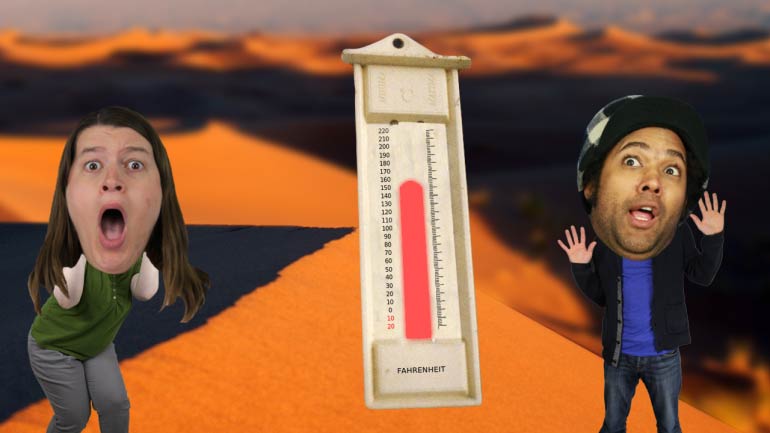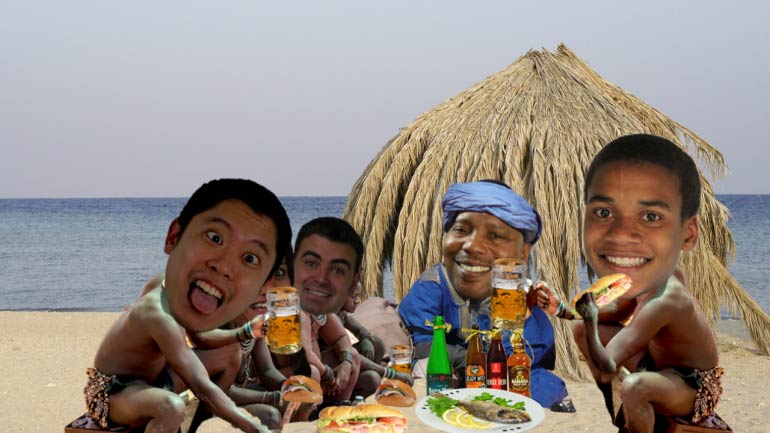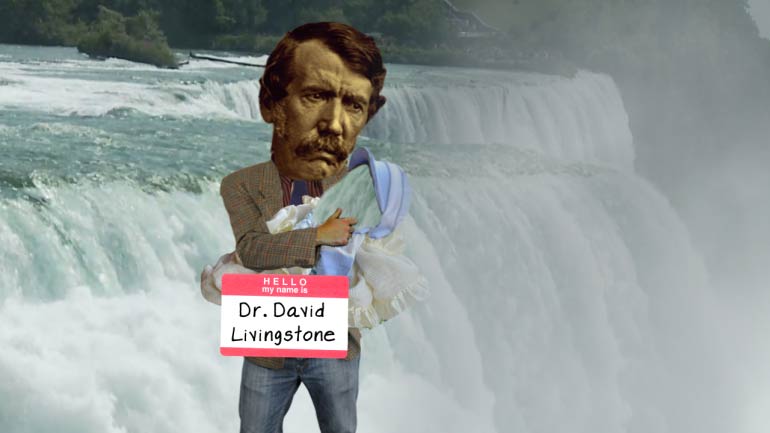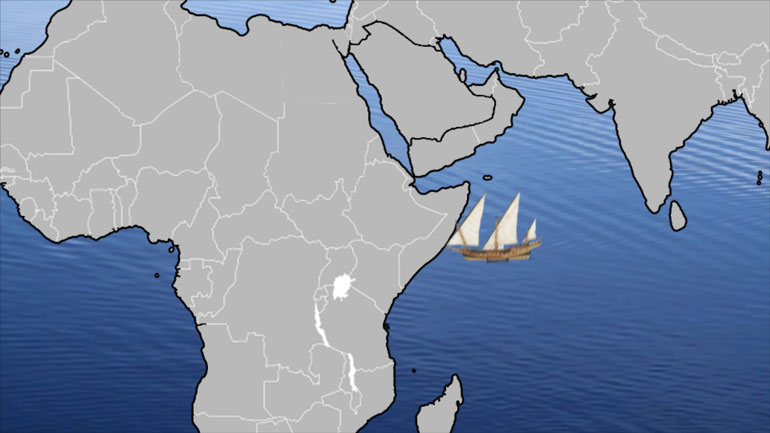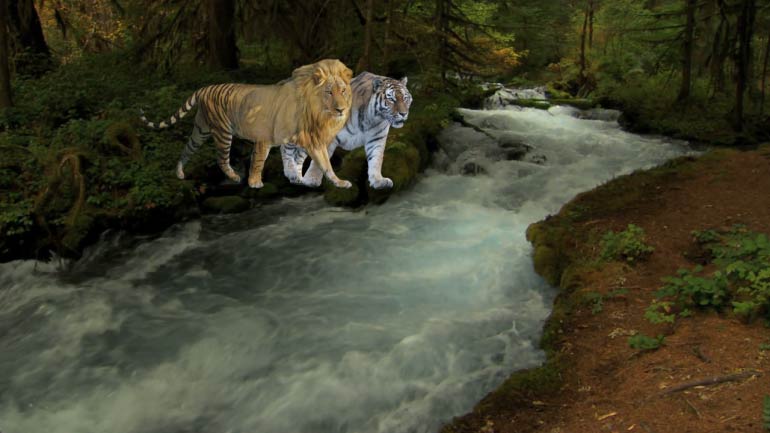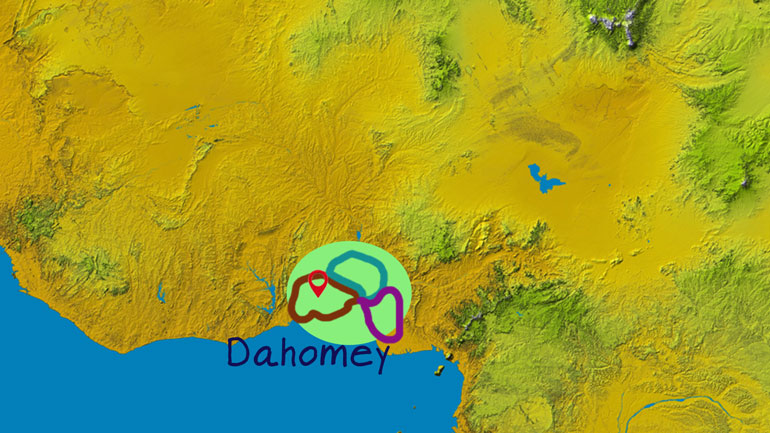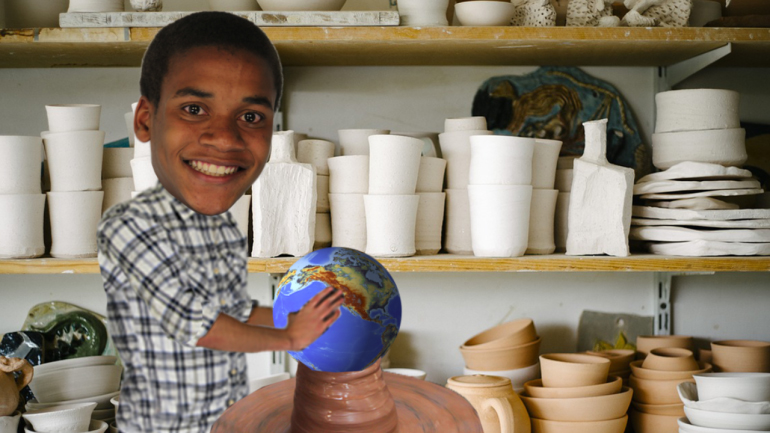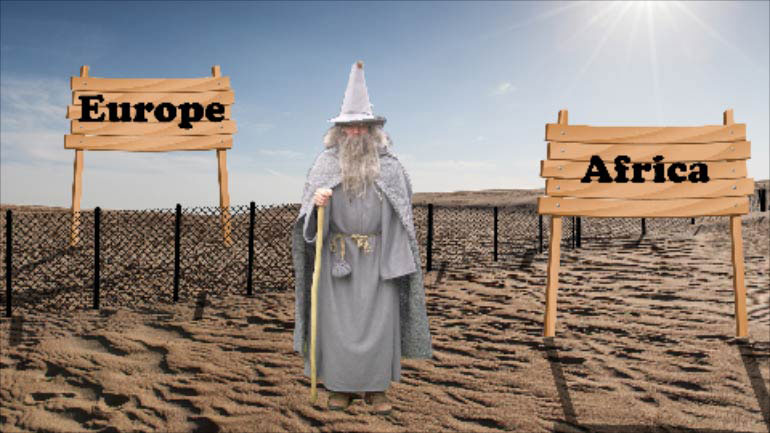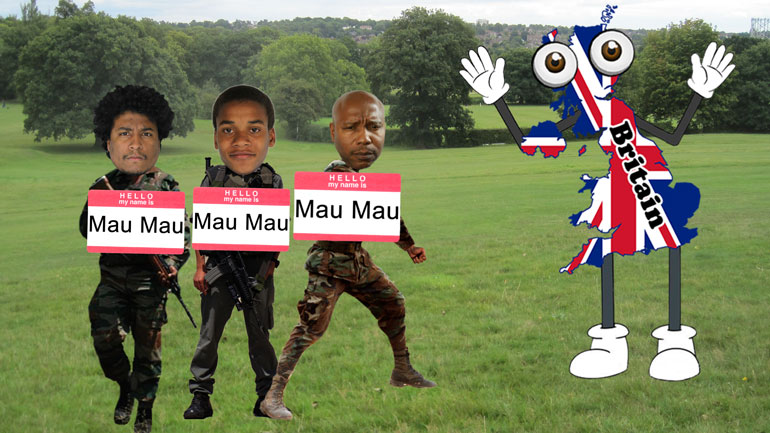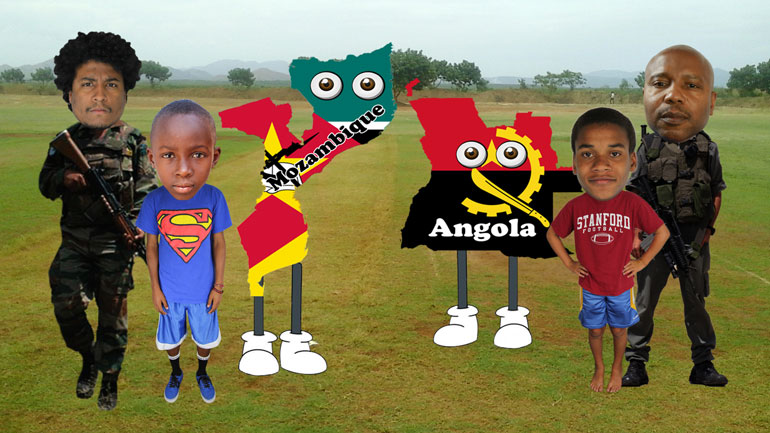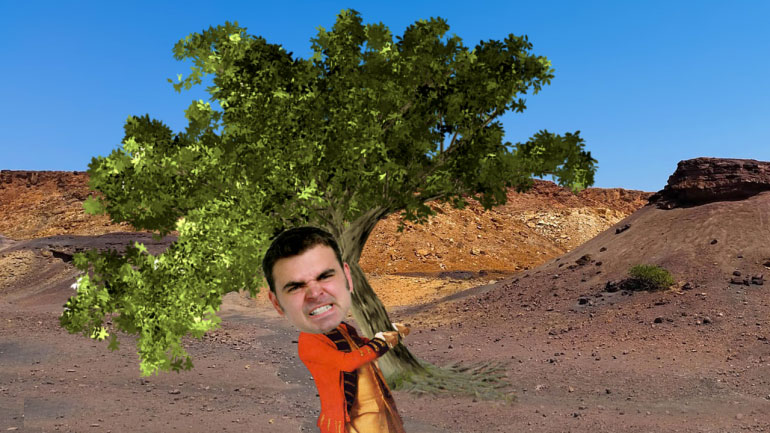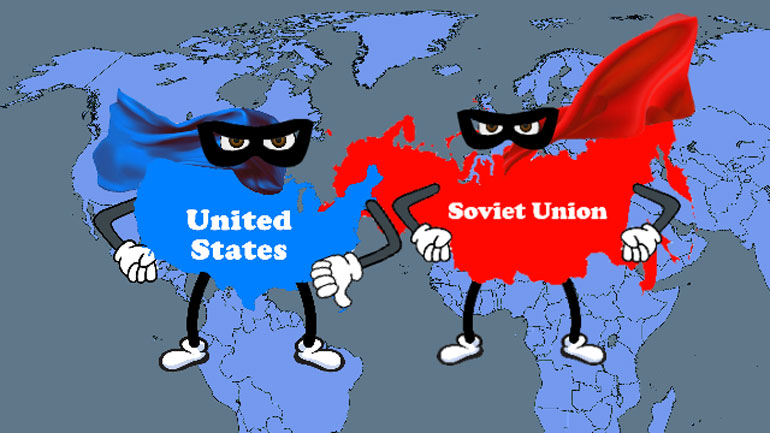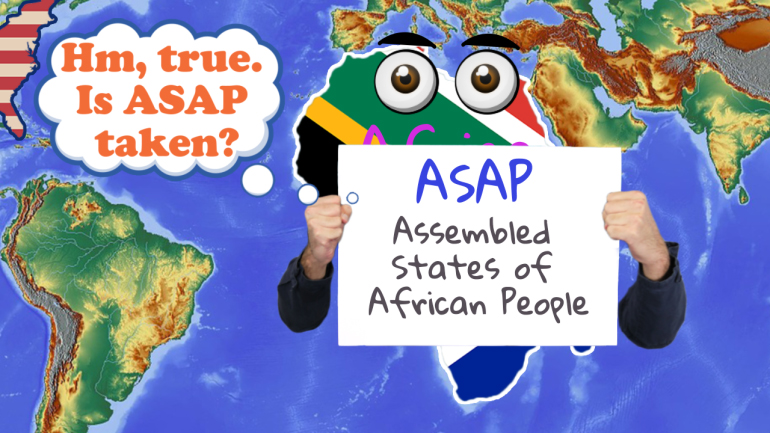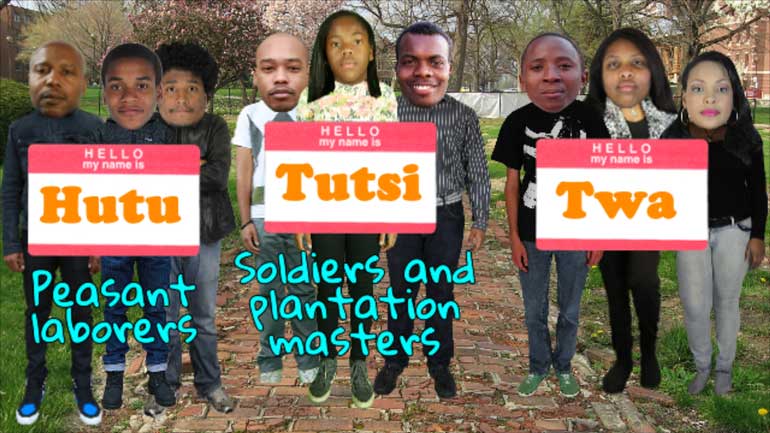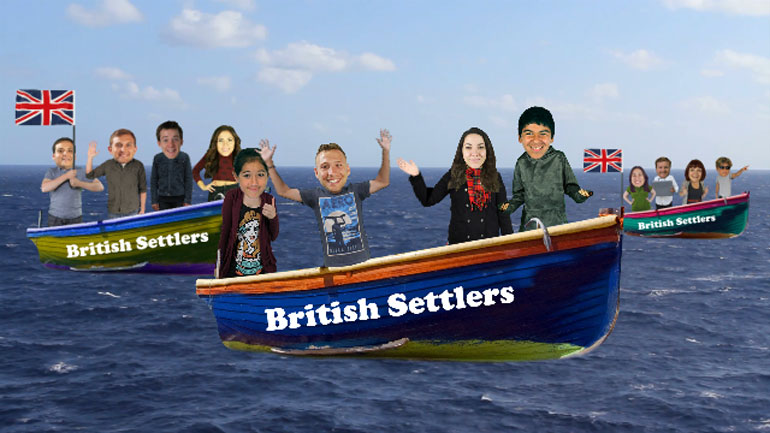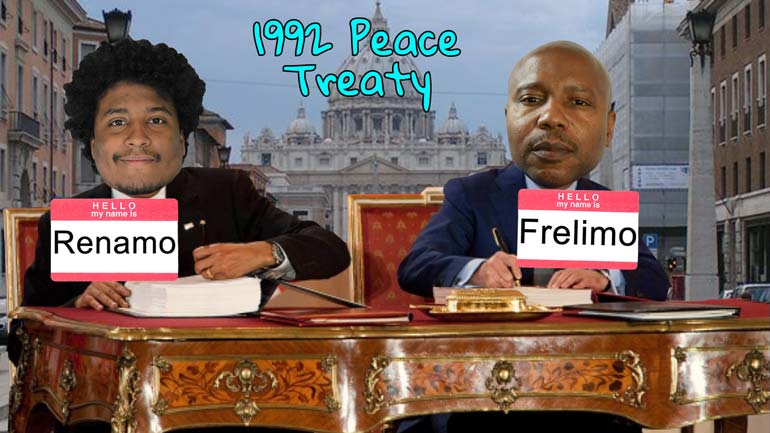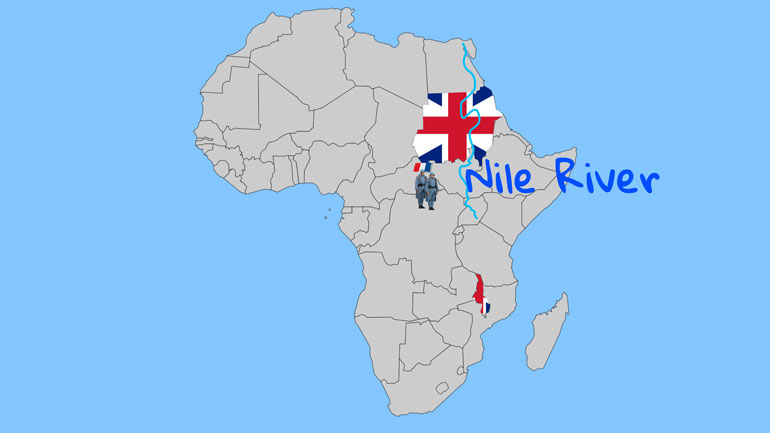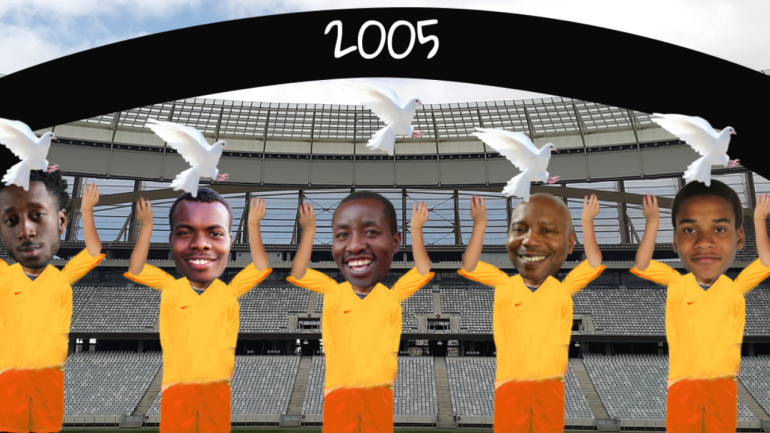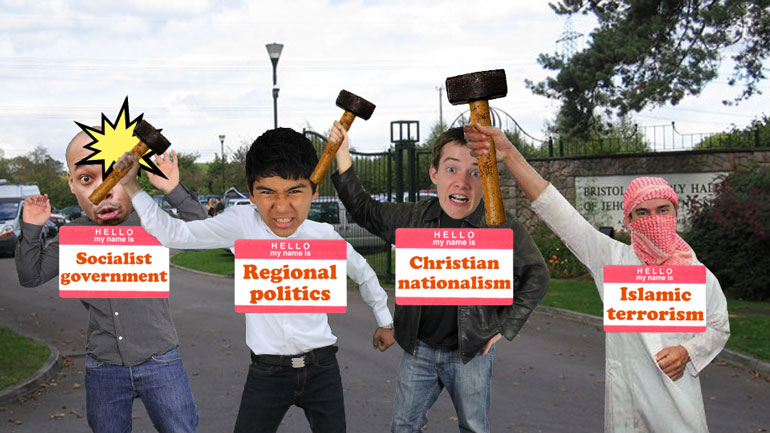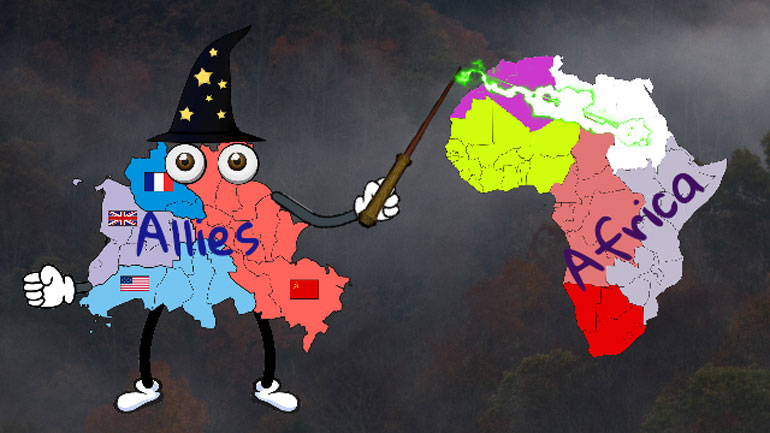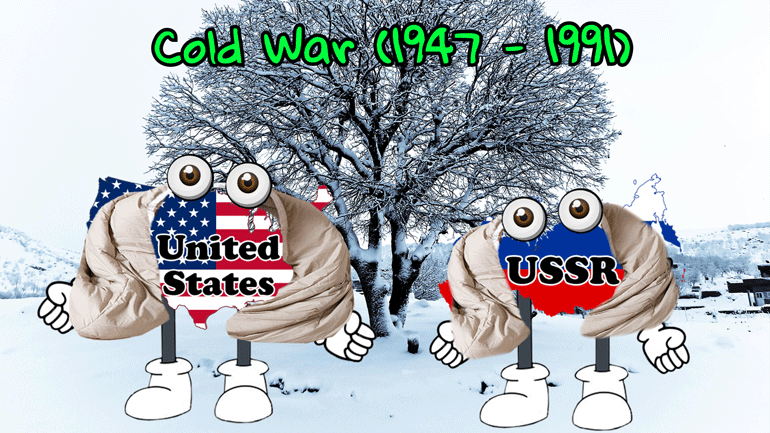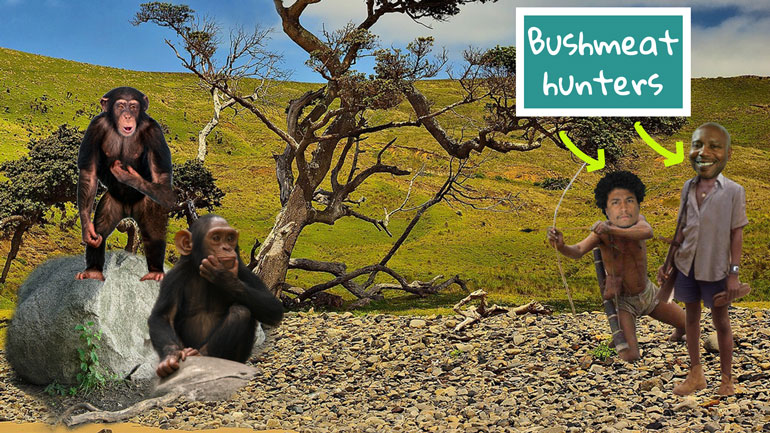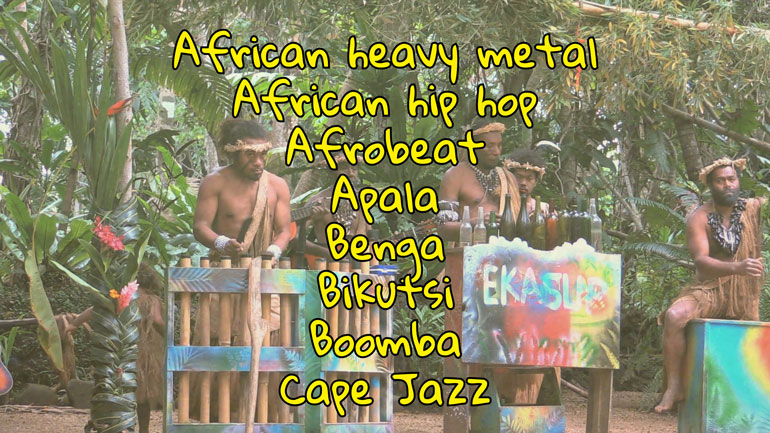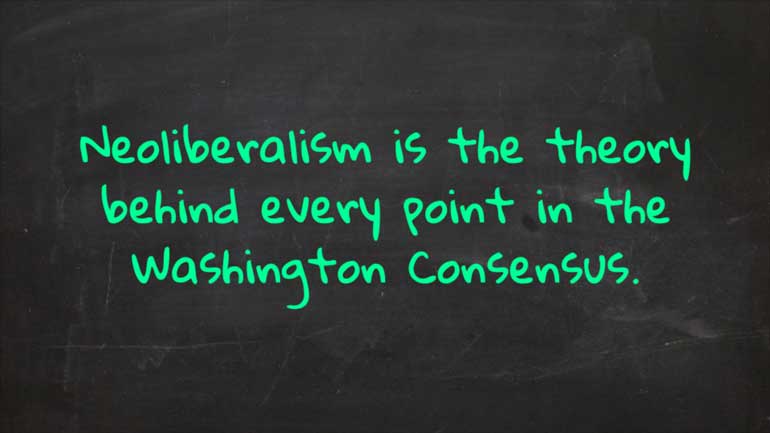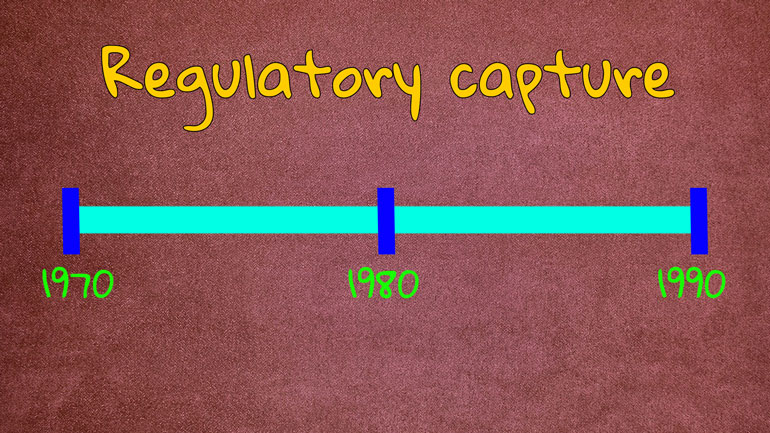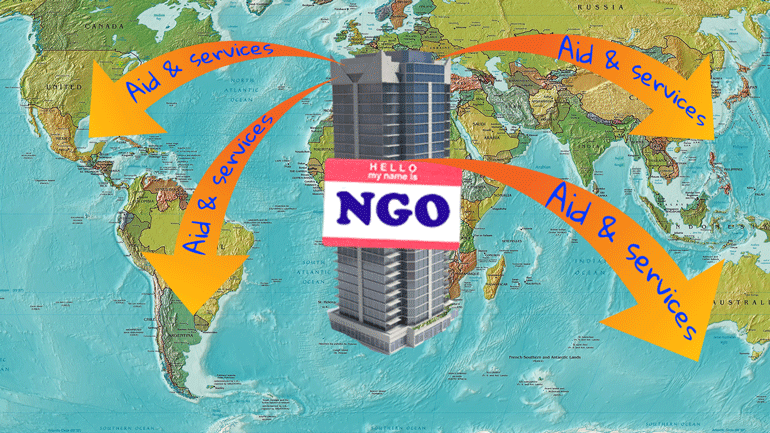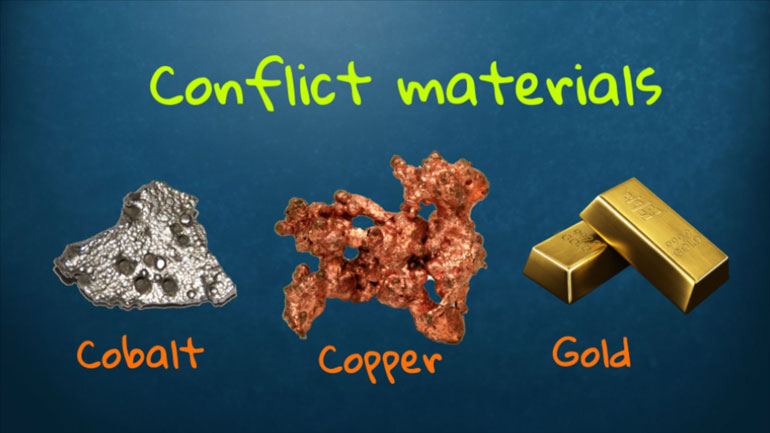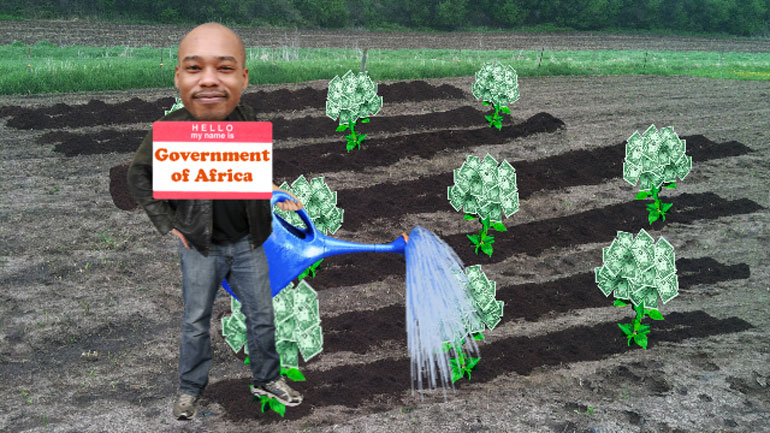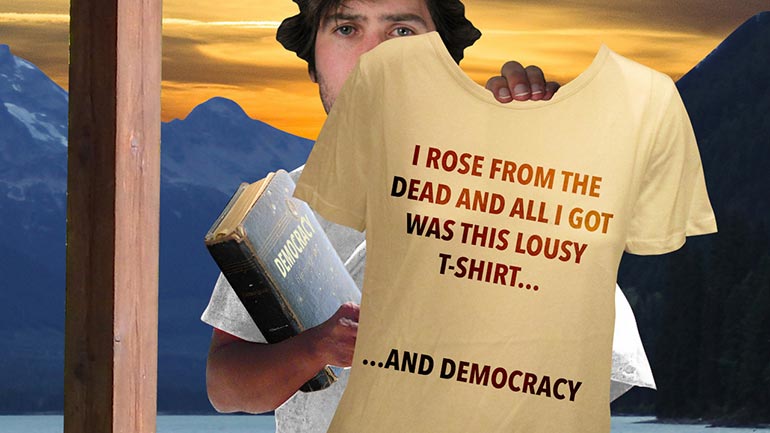ShmoopTube
Where Monty Python meets your 10th grade teacher.
Search Thousands of Shmoop Videos
African History Videos 63 videos
Home to the biggest river, the biggest desert, and some of the biggest land animals in the world, Africa is so much more than what most media would...
Stop everything and check this video out. This guy from Carthage named Hannibal used battle elephants. Battle. Elephants. Carthage has a pretty ric...
Today's lesson: Nubia. Remember not to call it Egypt Jr. to its face...it's kind of a sensitive issue.
African History 3: West Africa and the Niger River 219 Views
Share It!
Description:
Back in the day in West Africa, you could trade salt for gold. Yes, you read that right. Gold. Where's a time machine when you need one?
Transcript
- 00:05
Everybody’s heard of the River Nile, but… how about the Niger River?
- 00:09
All the rivers in the Sahara flowed down into the Niger and made the West Coast of Africa [Man and woman on the edge of River Niger]
- 00:12
a good place to settle down.
- 00:14
You know… and have 2.5 kids and build a house with the African equivalent of a picket [African man hammering a picket fence]
- 00:18
fence.
Full Transcript
- 00:19
By following these rivers, caravans were guaranteed enough water for their animals.
- 00:23
Even better, riverboats traveled up and down the Niger. [Riverboat travelling up the Niger]
- 00:25
So merchants only had to get to any port on the Niger, trade with the boat captains, rest
- 00:30
up, and then go home.
- 00:32
Bam.
- 00:33
Easy money.
- 00:34
Of course, making easy money meant several weeks of riding through a windy, hilly desert. [Man riding a camel through windy desert]
- 00:37
We’d rather take our chances with the slot machines....
- 00:41
So why were merchants and traders willing to trek through the Sahara to get to the Niger? [Traders and Merchants walking through Sahara]
- 00:47
Because the river linked up with West Africa's totally loaded gold mines.
- 00:52
West Africa had a stupid amount of gold… until European adventurers showed up one day [European adventurers in balaclavas carrying gold]
- 00:57
and stole it all.
- 00:58
Oh, Europe…you never disappoint.
- 01:00
Before those dark days, West Africa was livin' it up, and everyone wanted a piece of the
- 01:05
golden pie. [Men eating golden pie]
- 01:06
Which… might sound tough to eat, but it doesn’t matter if you lose a tooth…
- 01:09
You can just pop in a gold one…
- 01:10
But even though West Africa had plenty of gold, the one thing it didn’t have was salt. [African family eating dinner]
- 01:14
Salt is not only important; it’s essential to human life.
- 01:17
And North Africa was saltier than a bowl of Ramen noodles.
- 01:20
Any North African merchant who showed up in a Niger River community with a few bags of
- 01:24
salt could come back loaded down with gold. [Merchants carrying salt]
- 01:27
Naturally, the Niger and all its nearby waterways became valuable territory.
- 01:31
And where there's gold and salt, there are bandits. [Bandit steals gold and salt]
- 01:34
And not principled, Robin Hood-style bandits.
- 01:36
We’re talking… robbers who beat up old ladies..
- 01:41
Everybody knew that merchants used the Niger River.
- 01:43
So greedy bandits knew exactly where to lie in wait to rob folks. [Bandit waiting beside Niger River]
- 01:47
As a result, any leader who could guarantee protection of the whole Niger River system
- 01:52
would become rich and powerful. [Man wearing crown on throne]
- 01:54
Because of this, about four major empires sprouted up in West Africa over the years.
- 01:58
Ghana, Gao, Mali, and Songhai.
- 02:02
These four empires overlapped in time, and one was usually busy dominating the others. [Empires in boxing ring]
- 02:07
All four had the same structure: a powerful king, a swagged-out capital city, an army
- 02:12
of warriors, and fleets of river ships.
- 02:15
Except for Ghana, these empires' kings were also known for being big into Islam.
- 02:20
Several kings of both Gao and Songhai made pilgrimages to Mecca, carrying big bags of [King makes pilgrimage to Mecca]
- 02:26
gold.
- 02:27
One king even spread so much gold around Mecca that he actually lowered the price of gold [King throwing gold around Mecca]
- 02:31
in the region.
- 02:32
The kings paid for all of this with taxes collected from markets, using a large bureaucracy
- 02:37
of tax collectors and administrators.
- 02:40
The problem with having a large bureaucracy is that your bureaucrats have to be well educated. [Bureaucrats graduating]
- 02:45
Because nobody wants a tax collector who sucks at math.
- 02:48
Except maybe the taxpayers.
- 02:50
The Kingdoms of Gao and Songhai poured loads of cash into building the Muslim university of Sankore [Man pours cash into university building]
- 02:57
in the city of Timbuktu.
- 02:58
Yes, Timbuktu is totally a real place.
- 03:01
Sankore University beat out similar universities in Egypt and Morocco to become the largest [Sankore University beating up other universities]
- 03:06
institution of learning in Africa.
- 03:09
The most popular subject?
- 03:11
Religious studies. [People studying religious studies]
- 03:12
Yeah, Sankore was not a party school.
- 03:15
So there you have it.
- 03:16
There’s no doubt the kingdoms of West Africa’s Niger River were forces to be reckoned with.
- 03:21
Even if the rulers of these empires could get a little excessive with their wealth…
Related Videos
Home to the biggest river, the biggest desert, and some of the biggest land animals in the world, Africa is so much more than what most media would...
Didn't get enough of the French Revolution the first time around? We've gotcha covered. Check out our second French Revolution video, preferably wi...
Famine is one of the biggest problems in Africa. Find out why it's such a complex problem, and what's being done to combat it.
